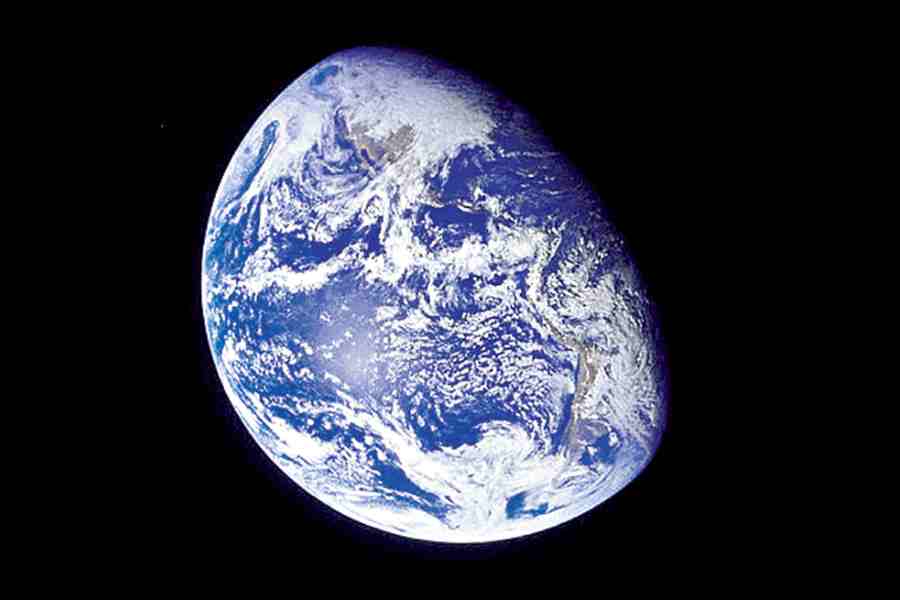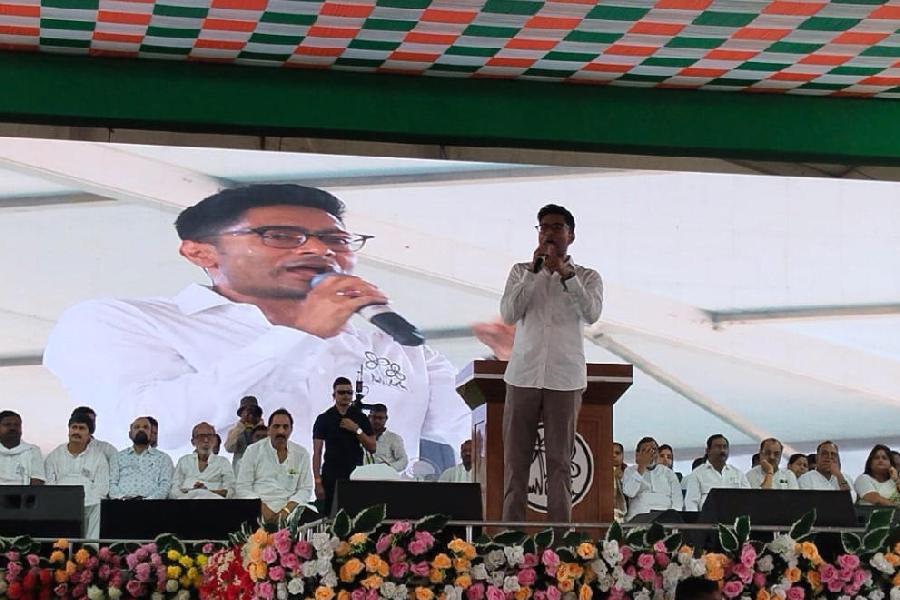Scientists have, for long, been divided over whether the Holocene Age has ended and the Anthropocene begun. In July 2023, the Anthropocene Working Group provided evidence to mark the demise of the Holocene in the year, 1950. But a committee of scholars has now rejected the proposition of the AWG: they argue that the Anthropocene cannot yet be declared as an official epoch. An epoch or a geological time frame is typically described as a stretch of several million years designated by clues left in the soil, rocks and fossils. The AWG had thus cited a layer of radioactive plutonium from nuclear weapon testing in an undisturbed lake in Canada as evidence of the setting in of the Anthropocene. The detractors of the theory now argue that this is not enough: the Holocene Age, too, has been marked by changes wrought on the planet by humans. The need to mark a new geological age is thus redundant.
Such scientific nitpicking cannot take away from the fact that the Anthropocene is, at the very least, a major ‘geological event’ on a par with major transformations, such as the Great Oxidation Event or, for that matter, the Industrial Revolution. The Anthropocene’s pugmarks are all too evident. Human activities — greed? — have warmed the planet by 1.2° Celsius over what it was before the Industrial Revolution. The ongoing sixth mass extinction of species, radical changes in the biosphere, altered chemistry of the oceans, the devastation of forests and ecologies, the contamination of land with chemicals, extreme weather events — forest fires, floods, drought in all parts of the world — are some of its other growing imprints. Years of denial about this deepening imprint have resulted in policy inertia when it comes to mitigatory action on climate change. Worse, international negotiations — wranglings — on climate change, as is evident from the climate summits, have been reduced to bitter feuding between the developed world and the poorer economies on a range of issues, including funding and the transfer of technology. The quibbling over the onset of the Anthropocene could even play into the hands of influential lobbies — the proponents of fossil fuels, for instance — that are resisting climate activism. Instead of debating the inception of the Anthropocene, scientists must exert greater pressure on politicians and people to mend their ways.










